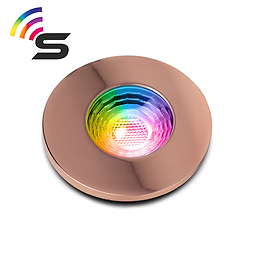Smart Bulb vs Smart Switch
Smart Bulb vs Smart Switch
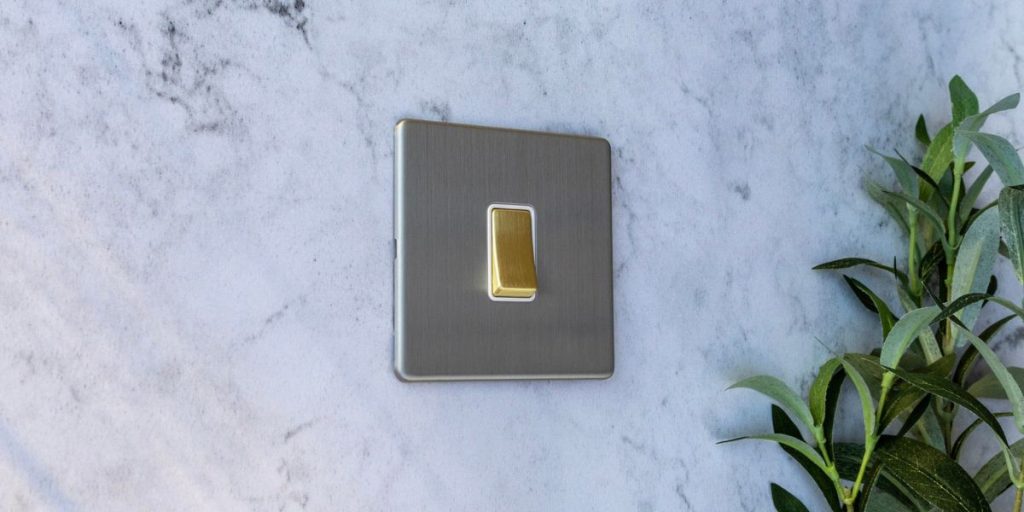
Smart systems are becoming the standard across many homes in the UK as technology improves and becomes increasingly more convenient and customisable. With smart lighting leading the market, both smart bulbs and smart switches offer homeowners the ability to control the ambience of their home, optimise energy efficiency, and even play a role in home security.
But which option is the right fit for your home or lighting project? In this guide, we will explore the differences between smart bulbs and smart switches to help you make an informed decision.
Smart Bulbs
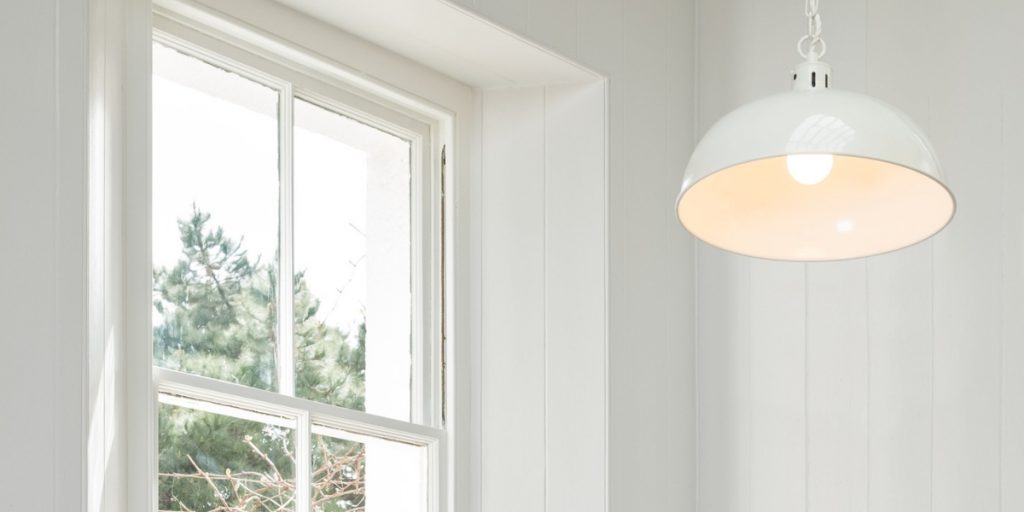
Smart bulbs are essentially standalone LED bulbs equipped with built-in Wi-Fi or Bluetooth connectivity. This means they can be controlled wirelessly through smartphone apps, voice commands, or smart home platforms such as Amazon Alexa or Google Assistant.
On top of its connectivity, smart bulbs offer colour changing capabilities, as well as adjustable brightness levels and colour temperature. This allows you to fully adjust your lighting to suit different activities or moods.
Installing a smart bulb is as simple as replacing the bulb in any existing light fixtures. This makes them an incredibly user-friendly option, particularly for renters, and their application is limitless. They can be installed in lamps, floor lamps, wall lights, and ceiling lights; essentially anywhere that individual control is required.
One drawback to a smart bulb is that the bulb will need a constant power supply. For a smart bulb to work, the main switch will need to be in the on position at all times in order to be used remotely.
Smart Switches
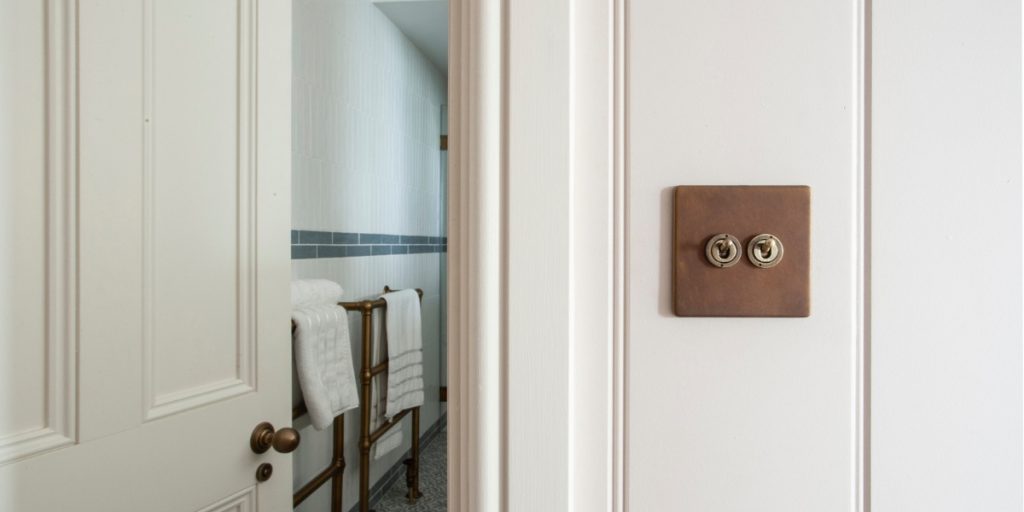
Smart switches are designed to replace traditional light switches and are integrated into the electrical wiring of your home. They offer centralised control over multiple light fixtures connected to the same switch, providing a more seamless lighting experience.
Smart switches work in the same way as smart bulbs, in that they can be controlled via smartphone apps, voice commands, and through Alexa or similar. However, they have the added benefit of manual operation through the switch itself.
However, unlike smart bulbs, smart switches do not require each individual bulb to be replaced. While this is a cost-effective solution for homes with multiple fixtures, this does limit the capabilities of your smart lighting to just dimming, timer, and on/off functions. This is different from a smart bulb which provides the added benefit of colour temperature and colour changing abilities.
Installing a smart switch requires an electrician to wire into your home correctly, so this option may be more suitable for property owners.
Smart Lighting
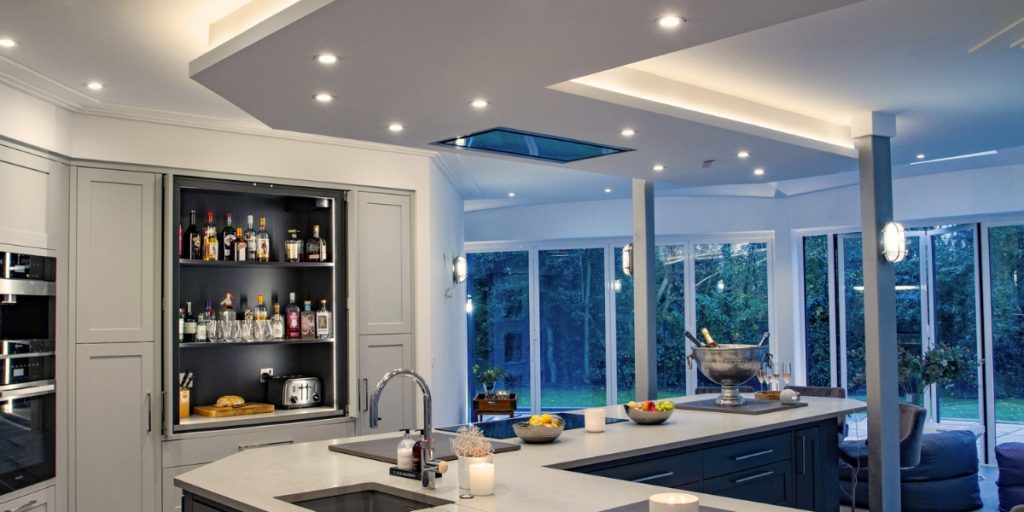
Another option to consider is a smart light; a standard light fitting or downlight that can be controlled via smartphone apps and smart home platforms.
In terms of functionality, a smart light often has all the benefits of a smart bulb integrated into a decorative fixture. Brightness, colour temperature, and colour changing are common functions. However like smart bulbs, a smart light will require a constant power source for it to be operated remotely. This means that it is only suitable for situations where the light source has its own dedicated switch.
Like smart switches, smart lighting will need to be installed by an electrician, so this is something to bear in mind when weighing your options.
Factors to Consider
- Compatibility: Ensure that the smart bulbs or switches you choose are compatible with your existing lighting fixtures and smart home system if you already have one in place.
- Cost: Evaluate the upfront cost of smart bulbs versus smart switches. Considering the number of fixtures or rooms you intend to upgrade.
- Functionality: Consider your lighting preferences and lifestyle needs. Smart bulbs offer more focused control over individual fixtures, while smart switches provide control over entire rooms or spaces.
- Installation: Assess your permissions, budget, and convenience. Do you live in a rented property? Is hiring a professional electrician to install smart switches going to be too costly? Would adjusting multiple smart bulbs in one space be an inconvenience?
Whether you opt for smart bulbs or smart switches, upgrading to smart lighting technology can enhance the comfort, convenience, and efficiency of your home. By carefully considering your lighting needs, budget, and compatibility requirements, you can determine the best solution to transform your space.
[related_products is_auto_added="1"]


